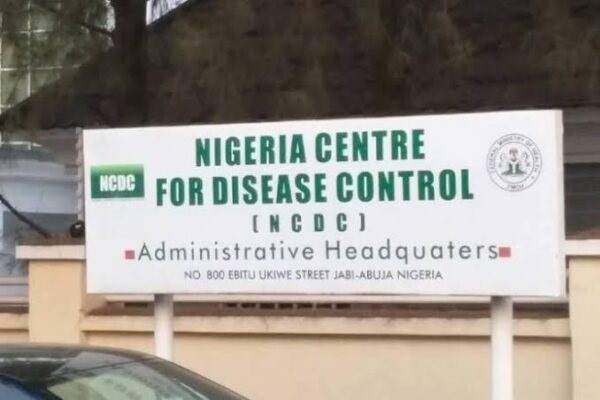The Nigeria Centre for Disease Control and Prevention (NCDC) and the Nigerian Academy of Science (NAS) have explained how Antimicrobial Resistance (AMR) compromises the ability to treat infections, protect patients, and ensure effective outbreak responses.
They spoke on Monday at the Lessons Learned for Antimicrobial Resistance Workshop, organised by NAS and the U.S. National Academy of Medicine in Lagos.
According to the World Health Organisation, AMR occurs when bacteria, viruses, fungi, and parasites no longer respond to antimicrobial medicines.
As a result, infections become difficult or impossible to treat, increasing the risks of disease spread, severe illness, disability, and death.
NCDC’s Director-General, Dr Jide Idris, stated that the agency, as Nigeria’s National Public Health Institute, had witnessed firsthand how AMR undermined treatment efforts and public health responses.
“AMR is no longer an emerging threat; it is a daily reality that demands bold, science-driven, and multisectoral action,” Idris said.
According to him, Nigeria’s decision to host the meeting in Lagos reflects its commitment to advancing AMR response, recognising the growing threat that spans from communities to hospitals, farms, and ecosystems.
While highlighting a significant proposal, Idris said: “The establishment of an independent panel on evidence for action against AMR represents a turning point.
“It offers a unique opportunity to bridge the gap between knowledge and action, ensuring that evidence is not only generated but trusted, inclusive, and acted upon.”
He urged participants to view the gathering as the beginning of a legacy of evidence-driven solutions, calling for inclusivity and a focus on creating practical, context-sensitive tools for action.
Idris also praised NAS, the U.S. National Academy of Medicine, and the Quadripartite Organisations for their leadership in advancing global AMR governance.
“The Nigerian Academy of Science has consistently provided independent, rigorous, and context-relevant advice to guide national decision-making across various sectors,” he said.
Speaking on the sidelines, Dr Doyin Odubanjo, Executive Secretary of NAS, described AMR as a “wicked problem” requiring global cooperation to solve.
He stressed the urgent need for international awareness and action to mitigate AMR, particularly given the complex challenges already posed by infectious and non-infectious diseases.
Odubanjo explained that the meeting aimed to gather a global delegation of experts to discuss establishing an independent advisory panel on AMR, with the goal of raising awareness and driving change toward combating antimicrobial resistance.
He emphasised the importance of prevention, rational drug use, and understanding the social and cultural drivers of self-medication.
The News Agency of Nigeria (NAN) reports that in September 2024, the United Nations General Assembly called on Quadripartite organisations to establish an independent panel for evidence-based action against AMR by 2025.
The panel’s mission is to “facilitate the generation and use of multi-sectoral, scientific evidence to support Member States in their efforts to combat antimicrobial resistance.”(NAN)





